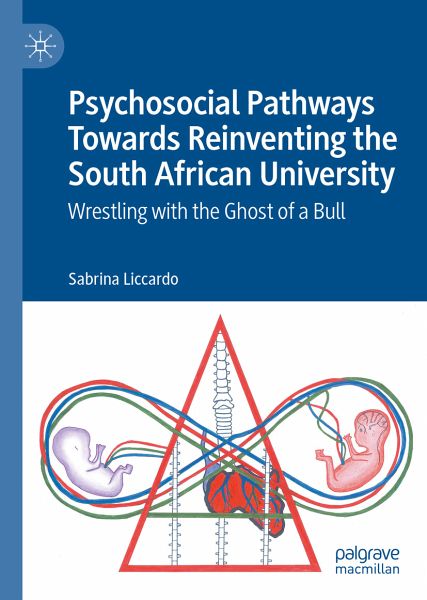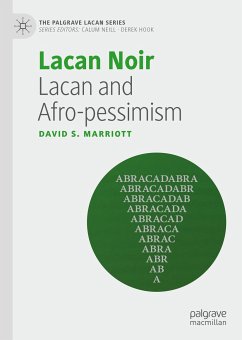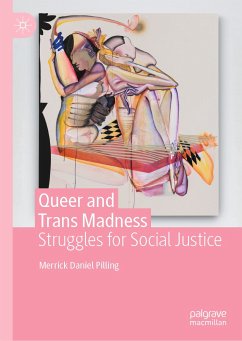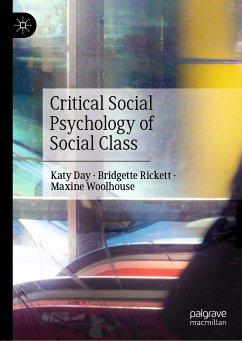
Psychosocial Pathways Towards Reinventing the South African University (eBook, PDF)
Wrestling with the Ghost of a Bull
Versandkostenfrei!
Sofort per Download lieferbar
72,95 €
inkl. MwSt.
Weitere Ausgaben:

PAYBACK Punkte
36 °P sammeln!
¿This book proposes a conceptual-empirical framework for exploring forms of continuity and change along psychosocial pathways in South African universities. It illustrates how the psychosocial pathways are grounded in the symbolic narratives and knowledges of young scientists, engineers and architects - all interlocutors in the research from which this book is based. Alala, Mamoratwa, Welile, Odirile, Kaiya, Amirah, Takalani, Nosakhele, Naila, Ambani, Khanyisile, Itumeleng, Ethwasa and Kgnaya provide collective standpoints in the multiplicities within and between the lived lives and told stor...
¿This book proposes a conceptual-empirical framework for exploring forms of continuity and change along psychosocial pathways in South African universities. It illustrates how the psychosocial pathways are grounded in the symbolic narratives and knowledges of young scientists, engineers and architects - all interlocutors in the research from which this book is based. Alala, Mamoratwa, Welile, Odirile, Kaiya, Amirah, Takalani, Nosakhele, Naila, Ambani, Khanyisile, Itumeleng, Ethwasa and Kgnaya provide collective standpoints in the multiplicities within and between the lived lives and told stories of young Black South African women in Science, Technology, Engineering, and Mathematics (STEM) fields. In doing so, this compelling work advances possibilities for demythologising scientific endeavour as a white male achievement and shifting knowledge communities across gendered, racialised, class and national divides.
This book presents an innovative narrative methodology, utilising the myth of the Minotaur to examine the state of the university at the heart of the hierarchical labyrinth in "post"-apartheid South Africa. Throughout the work the author wrestles with and self-reflexively highlights her own positionality as a white, middle-class South African woman to examine how this affects the production of this research in ways which serve to preserve the colonial knowledge system. With the rise of the Rhodes Must Fall and Fees Must Fall student movement in South Africa, demanding for the fall of institutionalised racial hierarchies, the author uses the cover image of narrative formations in the spirit of exploration to think with and through undulating networked forms that could possibly forge new psychosocial pathways towards decolonising and reinventing South African universities. This work offers a unique conceptual and methodological resource for students and scholars of psychosocial and narrative theory, as well as those who are concerned about the politics of higher education, both in South Africa and in other contexts around the world.
Dieser Download kann aus rechtlichen Gründen nur mit Rechnungsadresse in A, B, BG, CY, CZ, D, DK, EW, E, FIN, F, GR, HR, H, IRL, I, LT, L, LR, M, NL, PL, P, R, S, SLO, SK ausgeliefert werden.












